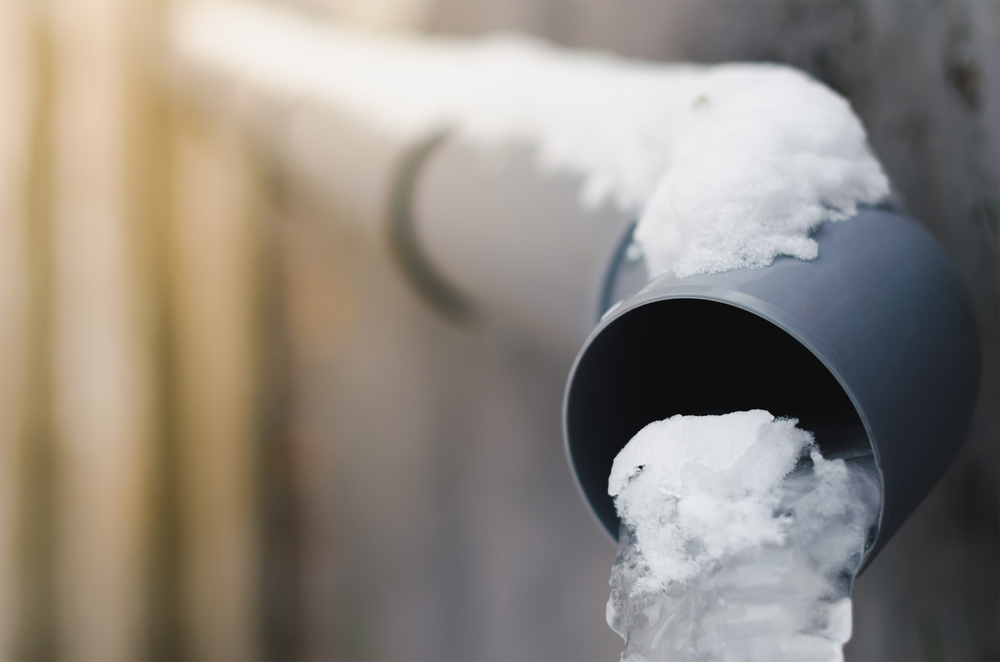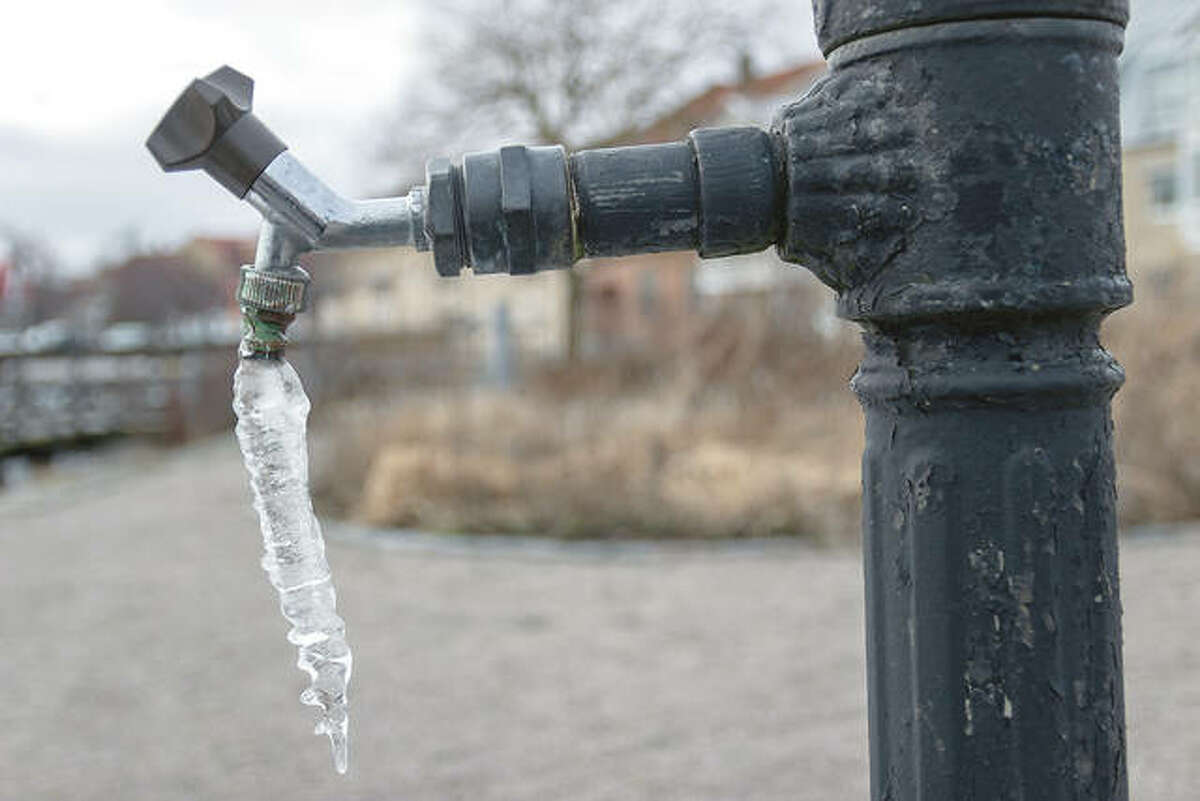Critical Strategies for Avoiding Frozen Pipes in Cold Weather
Critical Strategies for Avoiding Frozen Pipes in Cold Weather
Blog Article
Just about every person will have their own individual idea when it comes to Helpful Tips to Prevent Frozen Pipes this Winter.

Winter can damage your plumbing, specifically by freezing pipes. Below's how to stop it from happening and what to do if it does.
Intro
As temperature levels drop, the danger of frozen pipelines rises, potentially leading to expensive fixings and water damages. Recognizing how to stop icy pipelines is important for home owners in chilly climates.
Prevention Tips
Protecting vulnerable pipelines
Cover pipelines in insulation sleeves or use warm tape to protect them from freezing temperatures. Concentrate on pipelines in unheated or external locations of the home.
Home heating strategies
Maintain indoor spaces appropriately warmed, especially areas with pipes. Open cupboard doors to enable warm air to distribute around pipes under sinks.
Exactly how to determine frozen pipes
Look for decreased water circulation from faucets, uncommon smells or sounds from pipelines, and visible frost on revealed pipes.
Long-Term Solutions
Structural adjustments
Consider rerouting pipes far from exterior wall surfaces or unheated locations. Add added insulation to attics, cellars, and crawl spaces.
Updating insulation
Purchase premium insulation for pipelines, attics, and walls. Appropriate insulation aids maintain regular temperature levels and decreases the threat of icy pipelines.
Securing Outdoor Pipes
Yard hose pipes and exterior taps
Detach and drain pipes yard pipes prior to wintertime. Set up frost-proof faucets or cover outside faucets with protected caps.
Comprehending Icy Pipelines
What causes pipes to freeze?
Pipes ice up when exposed to temperatures below 32 ° F (0 ° C) for prolonged periods. As water inside the pipes freezes, it expands, taxing the pipeline walls and possibly triggering them to burst.
Threats and damages
Frozen pipelines can result in water system interruptions, home damage, and pricey repair work. Ruptured pipelines can flooding homes and cause extensive structural damages.
Indications of Frozen Piping
Identifying icy pipes early can prevent them from bursting.
What to Do If Your Pipes Freeze
Immediate actions to take
If you think frozen pipes, maintain taps open up to alleviate pressure as the ice melts. Utilize a hairdryer or towels taken in hot water to thaw pipelines slowly.
Conclusion
Protecting against icy pipes calls for aggressive measures and fast responses. By recognizing the reasons, indications, and preventive measures, home owners can safeguard their pipes throughout winter.
5 Ways to Prevent Frozen Pipes
Drain Outdoor Faucets and Disconnect Hoses
First, close the shut-off valve that controls the flow of water in the pipe to your outdoor faucet. Then, head outside to disconnect and drain your hose and open the outdoor faucet to allow the water to completely drain out of the line. Turn off the faucet when done. Finally, head back to the shut-off valve and drain the remaining water inside the pipe into a bucket or container. Additionally, if you have a home irrigation system, you should consider hiring an expert to clear the system of water each year.
Insulate Pipes
One of the best and most cost-effective methods for preventing frozen water pipes is to wrap your pipes with insulation. This is especially important for areas in your home that aren’t exposed to heat, such as an attic. We suggest using foam sleeves, which can typically be found at your local hardware store.
Keep Heat Running at 65
Your pipes are located inside your walls, and the temperature there is much colder than the rest of the house. To prevent your pipes from freezing, The Insurance Information Institute suggests that you keep your home heated to at least 65 degrees, even when traveling. You may want to invest in smart devices that can keep an eye on the temperature in your home while you’re away.
Leave Water Dripping
Moving water — even a small trickle — can prevent ice from forming inside your pipes. When freezing temps are imminent, start a drip of water from all faucets that serve exposed pipes. Leaving a few faucets running will also help relieve pressure inside the pipes and help prevent a rupture if the water inside freezes.
Open Cupboard Doors
Warm your kitchen and bathroom pipes by opening cupboards and vanities. You should also leave your interior doors ajar to help warm air circulate evenly throughout your home.

Hopefully you enjoyed reading our article about Helpful Tips to Prevent Frozen Pipes this Winter. Thanks for taking a few minutes to read our piece. In case you appreciated our blog posting kindly be sure to pass it around. I value your readership.
Book A Service Report this page